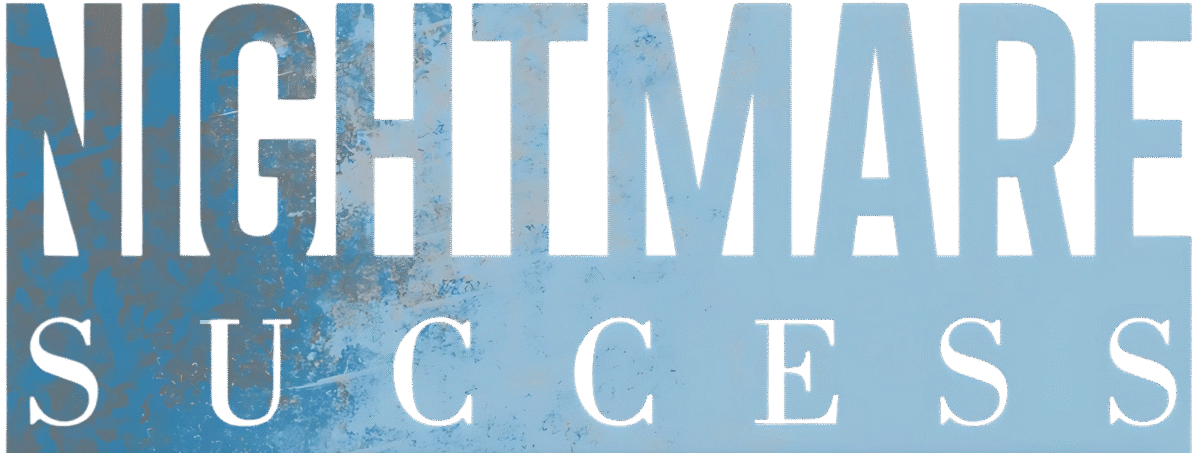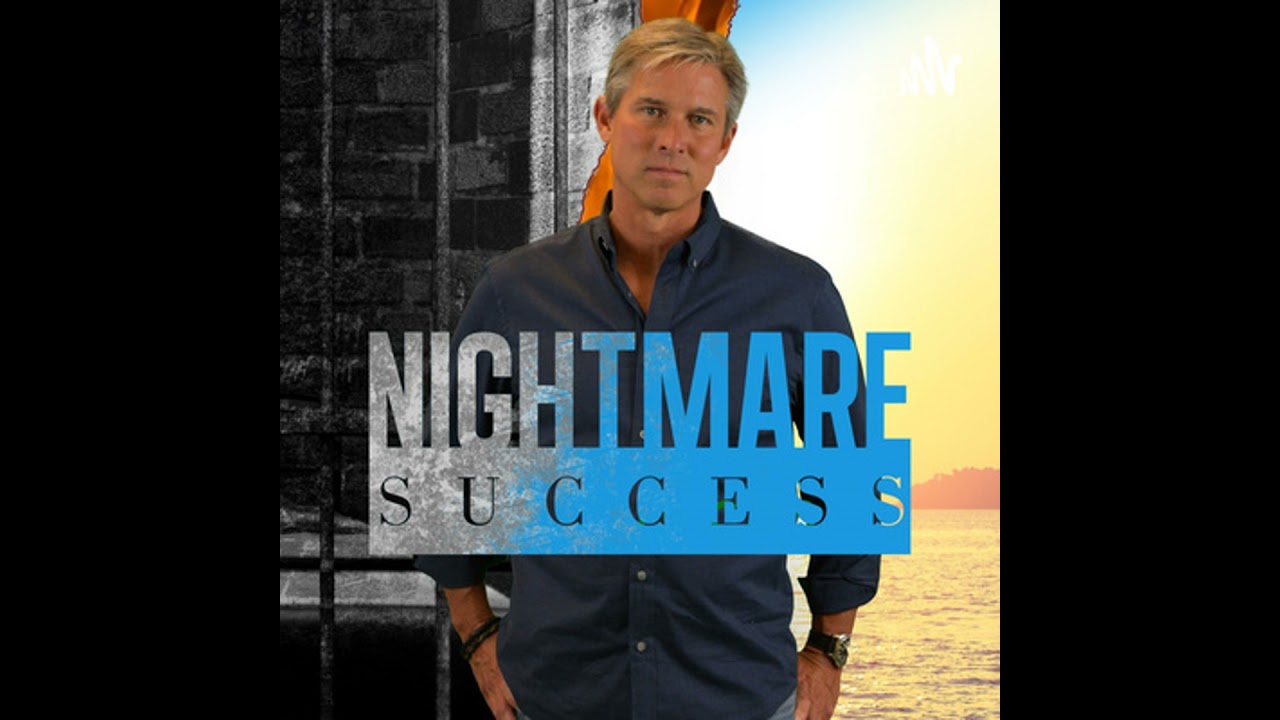The first time I truly saw Mikie Bobzin, I was struck by a vivid moment from her childhood. She was just eleven years old, standing in the dim light of her family home, her heart racing as she discovered her mother’s hidden stash of weed. That moment marked a turning point for her, a strange blend of fear and excitement as she lit up and took a drag. In that instant, she felt the rush of acceptance from her peers, a fleeting sense of belonging that had always seemed just out of reach.
But what seemed like a ticket to popularity was merely the beginning of a long, winding road filled with challenges and revelations. Mikie grew up in Belleville, Illinois, surrounded by the chaos of a family that was anything but ordinary. Her mother battled severe alcoholism, bipolar disorder, and suicidal thoughts, while her father had been sober since he was five, trapped in a toxic relationship with her mother. As an only child, Mikie often felt alone, her childhood marked by the emotional burden of her mother’s struggles.
They moved in and out of public housing, sometimes infested with roaches, and Mikie felt a constant sense of fear and not fitting in. The party atmosphere of her grandparents’ home, where alcohol flowed freely, only added to her confusion and guilt. She often found herself grappling with the weight of her mother’s addiction while desperately trying to carve out her own identity. But it was during this time that Mikie stumbled into a new world.
The discovery of her mother’s weed opened doors she never thought possible. Suddenly, she was no longer the scared girl hiding in the shadows; she was the one who could bring the party. As she smoked and drank her way through high school, she sought out friends and influences that, while initially comforting, only led her deeper into the spiral of addiction. The embarrassment over her mother’s behavior was a constant shadow, and she often felt the sting of racism within her own family, leaving her to navigate a labyrinth of emotions and choices.
As Mikie moved through her teenage years, she began to realize that the path she was on was not the one she wanted to follow. The early exposure to substance use had shaped her beliefs about adulthood, and she could no longer ignore the fear that had crept into her life. She saw the toll her mother’s drinking took not only on herself but on their entire family. Mikie expressed her fear of her mother’s addiction, grappling with the emotional fallout and the measures she took to cope.
It was a heavy burden for a young girl, but it also sparked a deep realization within her: she didn’t want to become her mother. This epiphany marked a significant shift in her journey. Mikie began to understand the importance of breaking free from the cycle of addiction and chaos that had defined her family. She learned to navigate her identity, embracing the complexities of her past while forging a new path forward.
Instead of letting her mother’s struggles dictate her future, she chose to rise above them, focusing on the kind of life she wanted to create for herself. Today, Mikie is dedicated to helping others find their way through similar challenges. Working with Brandon Reed in Second Chance housing, she encourages those around her to confront their fears and not be defined by their past. Her message is clear: we all have the power to change our narrative.
Mikie embodies this belief wholeheartedly, using her experiences to guide others toward healing and self acceptance. Reflecting on her journey, Mikie often recalls the emotional weight she carried as a child, the images of her mother crying in bed, seeing “demons” that Mikie could only imagine. Those moments shaped her understanding of pain and connection, fueling her desire to support others facing their own battles. She has transformed her fear into strength, her past into a platform for change.
In sharing her story, Mikie reminds us that while our beginnings may be filled with darkness, it is our choices and actions that ultimately define us. Her journey is an invitation to embrace our struggles, learn from them, and emerge empowered to create a better future.

